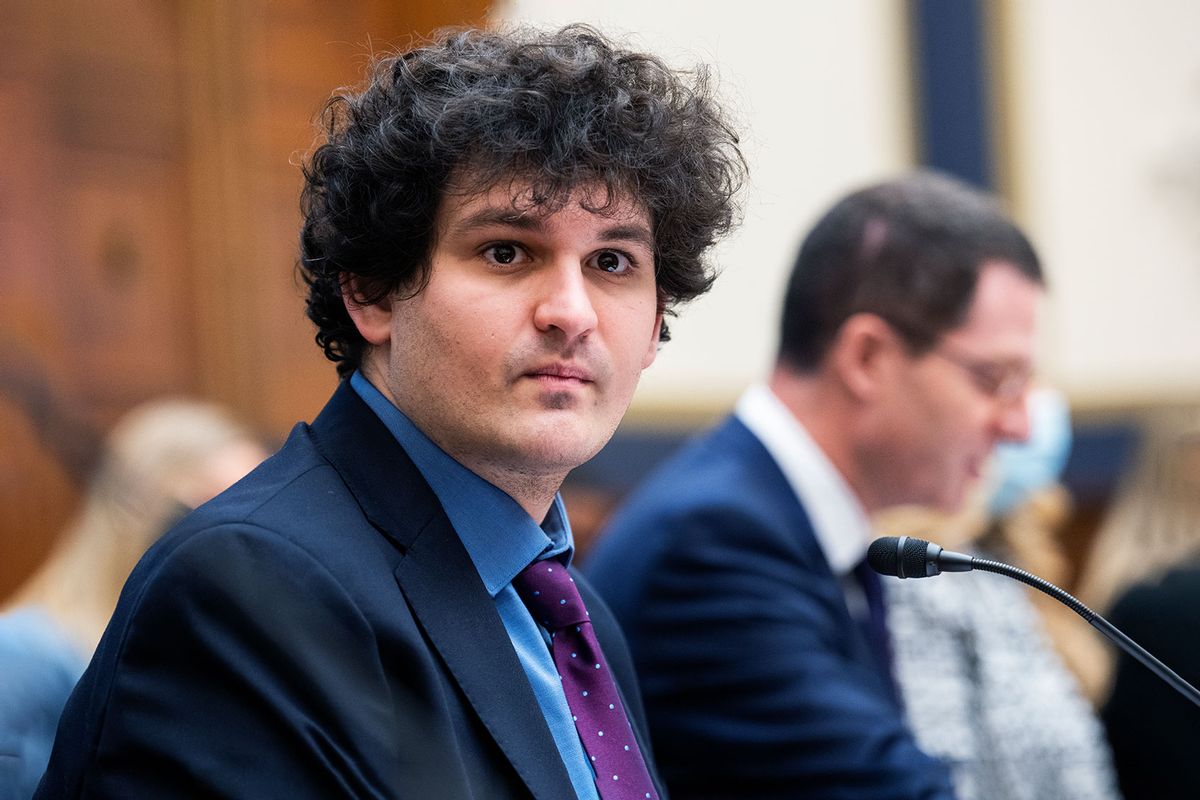
Here’s one more leftover saved link to an article about Sam Bankman-Fried and longtermism. It’s from a Salon writer who did two previously pieces about it/them (which I discussed on 14 Sep and on on 22 Aug), giving me the impression that there was something deeply sinister about it.
Salon, Émile P. Torres, 20 Nov 2022: What the Sam Bankman-Fried debacle can teach us about “longtermism”, subtitled “I’m not surprised that longtermism led to fraud, corruption and disaster. I’m mostly surprised it wasn’t worse” (Why doesn’t Salon put a period at the end of the second subtitle phrase???)
As in the Washington Post piece by Molly Roberts explored in yesterday’s post, Torres is concerned that the goals of longtermism could justify malfeasance in the present.
Critics of longtermism, like myself, saw this coming from miles away. Not, specifically, the implosion of Bankman-Fried’s empire, but something very bad — something that would cause serious harm to real people — in the name of longtermism. For years, I have been warning that longtermism could “justify” actions much worse than fraud, which Bankman-Fried appears to have committed in his effort to “get filthy rich, for charity’s sake.”
I said something in yesterday’s post, “as if it were that easy,” about becoming filthy rich, for whatever motivation. If it were so easy, many would do it. Does this make the charge that SBF did commit fraud more plausible? Perhaps it does.
Torres goes on to distinguish between “moderate” and “radical” longtermism, with MacAskill’s book focusing on the former. He quotes Steven Pinker on how “Utopian ideologies invite genocide for two reasons.” Aligning the famous trolley problem with the goals of longtermism.
Having outlined the longtermist ideology, its danger can be understood as twofold: first, it leads adherents to ignore, neglect and minimize current-day suffering. If a problem doesn’t pose an existential risk, then it shouldn’t be one of our top four (or five) global priorities. Second, it could end up justifying, in the eyes of true believers, harmful actions for the sake of the greater cosmic good — namely, creating a multi-galactic civilization full of 1058 posthumans in vast computer simulations spread throughout the universe. Let’s consider these in turn.
This very long article goes on, and I have yet to read the entire thing.
For now, closing thoughts.
There are, in fact, serious reasons to address existential threats, like the extinction of the human race through the ravages of climate change, or nuclear war, or even an asteroid strike. And these might be worth at least as much attention, on balance, than solving homelessness crises. This should be obvious. If you solve homelessness but let the world burn from climate change, that solution would be moot.
On the other hand, the danger here is black and white thinking. You don’t need to do one without or in exclusion of the other. The critics of longtermism, it seems to me, take its theses to extremes, and criticizing, so to speak, straw men.
It’s still true that, in general, society, government, and policy should think in longer terms, about serious issues that affect our future in coming decades and that are about more than which side is going to win the next election. To the extent that critics decry longtermism, the very concept of it, or link it too closely to financial fraud, the worse off we will all be.





